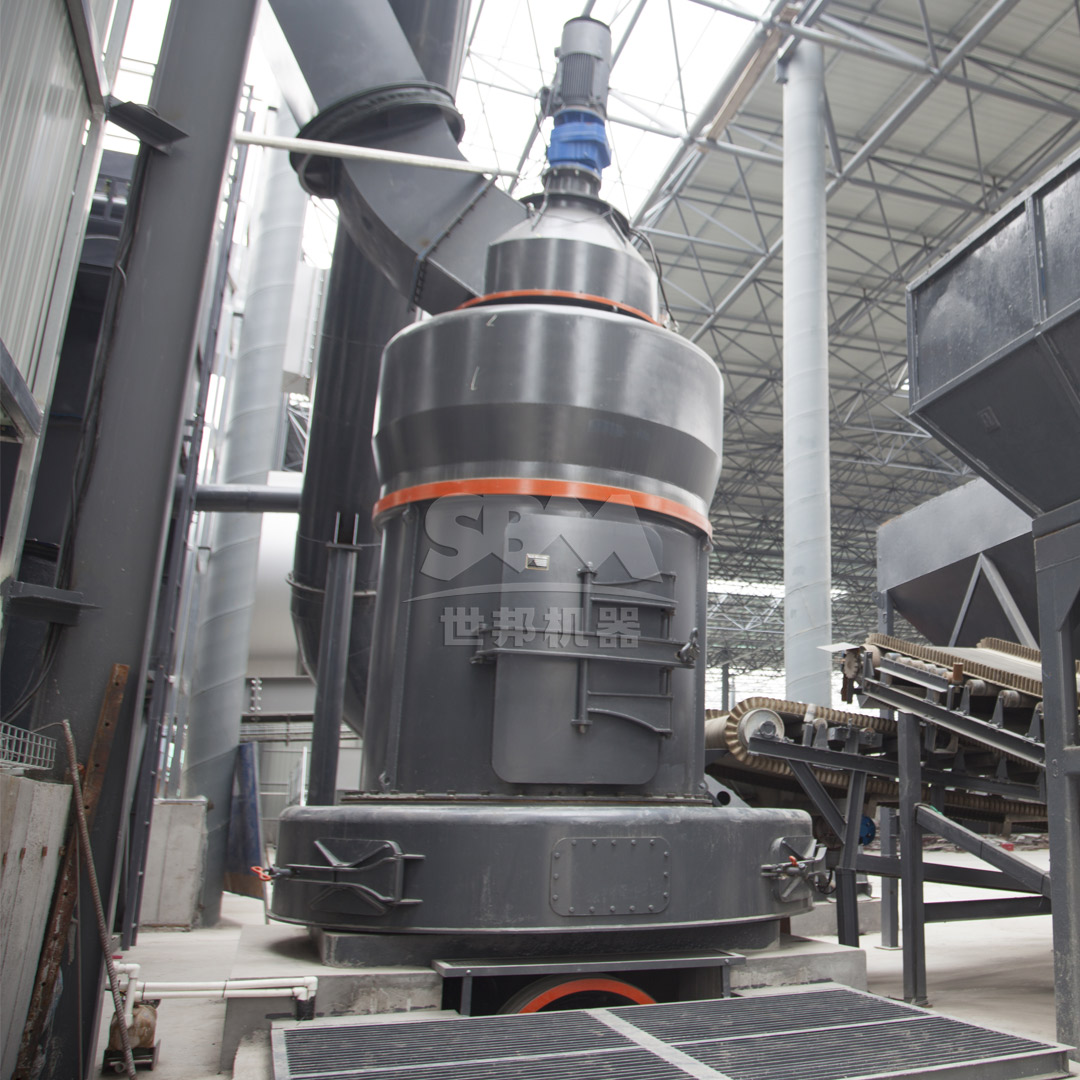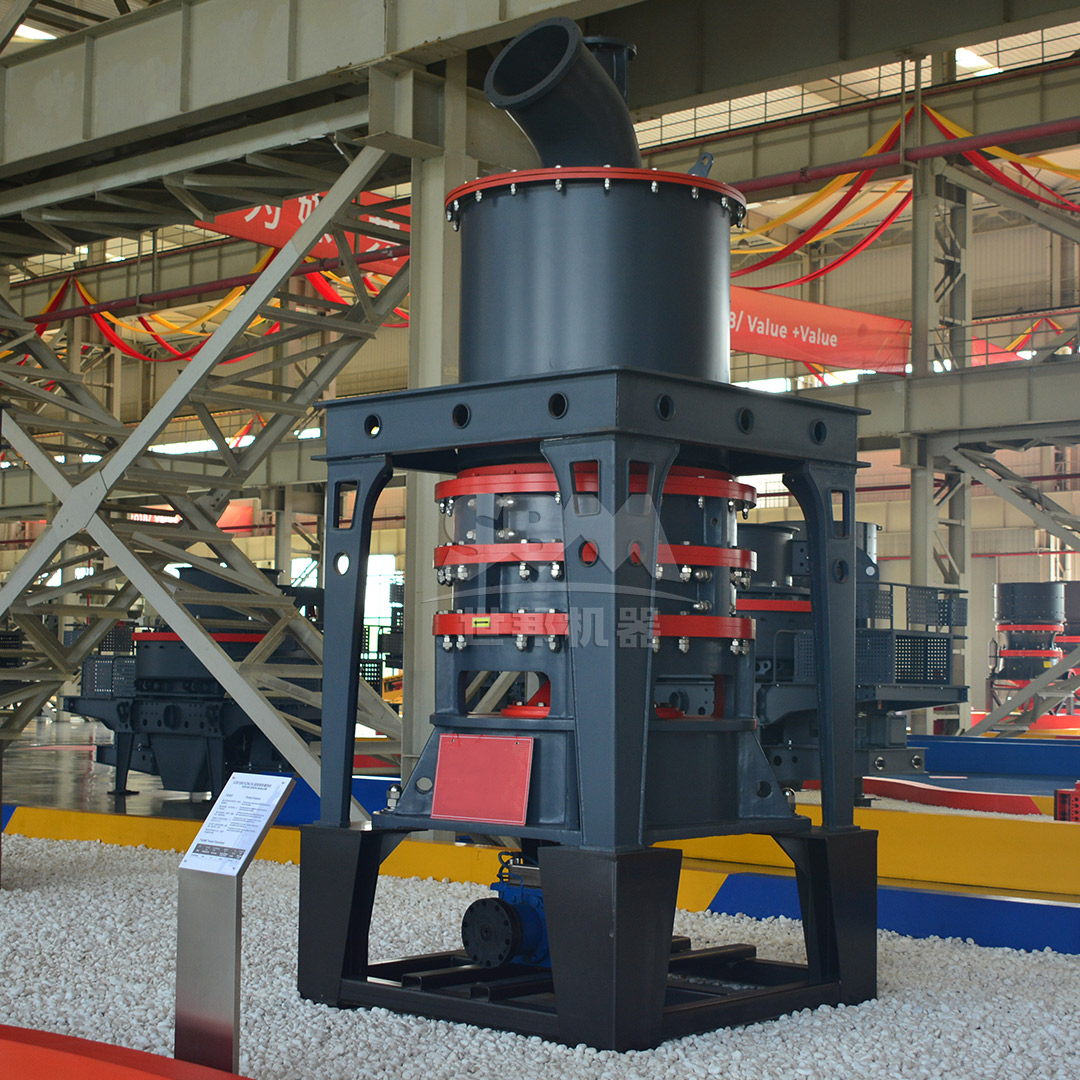Petroleum coke (petcoke) has emerged as a significant alternative fuel source for power generation, offering substantial economic and operational advantages over traditional coal. As a carbon-rich solid material derived from oil refinery coker units or other cracking processes, petcoke contains high calorific value ranging from 6,000 to 7,500 kcal/kg, making it an excellent fuel candidate for thermal power plants. However, the effective utilization of petroleum coke requires specialized processing to achieve optimal combustion efficiency and environmental compliance.
The transformation of raw petroleum coke into suitable power plant fuel involves several critical steps, with grinding representing the most crucial technical operation. Proper size reduction ensures complete combustion, minimizes unburned carbon, reduces slagging and fouling, and optimizes heat transfer efficiency in boiler systems. This comprehensive guide examines the complete processing methodology, with particular emphasis on selecting and operating appropriate grinding equipment for maximum performance.
Before discussing grinding technologies, it’s essential to understand petroleum coke’s unique physical and chemical properties that influence processing decisions. Petcoke typically exhibits high hardness (3-4 Mohs scale), variable moisture content (3-15%), and significant abrasiveness due to its crystalline structure. These characteristics present specific challenges for grinding operations, requiring robust equipment designed to handle tough materials efficiently.
The pre-treatment phase begins with primary crushing to reduce large petcoke chunks (often up to 200mm) to manageable sizes for feeding into grinding mills. This initial size reduction typically employs jaw crushers or impact crushers to achieve particles below 50mm. Following crushing, moisture control becomes critical, as excessive moisture can hinder grinding efficiency and fuel flow characteristics. When necessary, drying systems using waste heat from power plant flue gases can be integrated to optimize moisture levels before grinding.
Selecting appropriate grinding technology represents the cornerstone of efficient petroleum coke processing. The optimal choice depends on multiple factors including required production capacity, target fineness, energy consumption targets, and capital investment considerations. Various mill types offer distinct advantages for specific applications.
| Parameter | Typical Range for Petcoke | Importance |
|---|---|---|
| Target Fineness | 80-90% passing 200 mesh (74μm) | Determines combustion efficiency |
| Moisture Content | <6% before grinding | Affects grinding efficiency and flowability |
| Hardness Index | 3-4 Mohs | Influences wear part selection |
| Production Capacity | 5-100 tons/hour | Matches power plant fuel consumption |
| Energy Consumption | 15-40 kWh/ton | Major operational cost factor |
For petroleum coke grinding applications requiring medium to high capacity with precise particle size control, the MTW Series Trapezium Mill presents an outstanding solution. This advanced grinding system combines robust construction with innovative technological features specifically suited to handle petroleum coke’s challenging characteristics.

The MTW Series incorporates several proprietary technologies that deliver significant advantages for petcoke processing. Its curved duct design minimizes air flow resistance, enhancing transmission efficiency while reducing energy consumption. The wear-resistant volute structure eliminates flow obstruction, further optimizing system performance. For petroleum coke applications, the MTW138Z model offers an ideal balance with processing capacity of 6-17 tons/hour, handling feed materials up to 35mm and producing finished powder ranging from 30-325 mesh – perfectly suited for most power plant combustion systems.
Certain advanced power generation technologies, including some fluidized bed combustion systems and specialized burners, may require petroleum coke ground to ultra-fine specifications. For these demanding applications where superior particle size control is paramount, the SCM Ultrafine Mill represents the cutting edge in grinding technology.
This advanced mill system achieves remarkable fineness levels ranging from 325 to 2500 mesh (D97 ≤ 5μm), far exceeding conventional grinding capabilities. The SCM series incorporates a vertical turbine classification system that ensures precise particle size distribution without coarse powder contamination. This results in exceptionally uniform fuel particles that promote complete combustion and minimize emissions. The intelligent control system automatically maintains target fineness by adjusting operational parameters in real-time, ensuring consistent fuel quality regardless of variations in raw material characteristics.

For power plants requiring moderate ultra-fine grinding capacity, the SCM1000 model provides excellent performance with processing capability of 1.0-8.5 tons/hour and main motor power of 132kW. The system’s special material rollers and grinding rings significantly extend service life when processing abrasive petroleum coke, while the pulse dust collection system exceeds international environmental standards with efficiency ratings above 99.9%.
Successful petroleum coke processing extends beyond selecting the appropriate grinding mill to encompass the complete system design. A well-engineered grinding circuit typically includes multiple integrated components working in harmony to optimize performance, safety, and reliability.
The complete grinding system begins with raw material handling equipment, including storage silos, conveyors, and feeding devices that ensure consistent material flow to the mill. Precise feeding is critical to maintain optimal grinding conditions and prevent mill overload or starvation. Modern systems employ weigh feeders or volumetric feeders with automated controls to maintain the target feed rate within tight tolerances.
Following the grinding mill, efficient powder collection becomes paramount. Cyclone separators provide primary collection of the ground product, while baghouse filters or electrostatic precipitators capture fine particles to meet environmental standards. The selection of collection equipment depends on the specific fineness requirements and local emission regulations. For systems grinding petroleum coke, explosion protection measures must be incorporated throughout the collection system due to the combustible nature of fine coke dust.
The relationship between petroleum coke particle size and combustion efficiency represents a critical consideration in grinding system design. Finer particles offer larger surface area-to-volume ratios, promoting faster ignition, more complete combustion, and reduced unburned carbon in ash. However, excessive fineness increases grinding energy consumption and may create material handling challenges.
| Application | Recommended Fineness | Combustion Impact |
|---|---|---|
| Pulverized Coal Boilers | 70-80% passing 200 mesh | Standard efficiency with moderate grinding cost |
| Circulating Fluidized Bed | 60-70% passing 100 mesh | Coarser grind acceptable due to longer residence |
| Advanced Low-NOx Burners | 85-90% passing 200 mesh | Finer particles reduce NOx formation |
| Cement Kiln Applications | 80-85% passing 200 mesh | Balance between burn-out and production needs |
For most conventional power plant applications, the optimal petroleum coke fineness falls between 80-90% passing 200 mesh (74μm). This specification provides an effective balance between combustion performance and grinding economics. The MTW Series Trapezium Mill excels in this application range, delivering consistent particle size distribution with energy consumption typically 20-30% lower than alternative technologies.
Successful long-term operation of petroleum coke grinding systems requires attention to several operational factors and implementation of proactive maintenance practices. The abrasive nature of petroleum coke accelerates wear on grinding components, making material selection and maintenance planning particularly important.
Grinding elements including rollers, grinding rings, and classifier blades should be manufactured from wear-resistant materials specifically selected for petroleum coke applications. Many modern mills incorporate specialized alloys or ceramic composites that significantly extend service life. The MTW Series employs combination shovel designs that reduce maintenance costs and curved surface technology that extends roller service life – both particularly beneficial for abrasive petroleum coke.

Operational monitoring should include regular particle size analysis, temperature measurement, and vibration monitoring to detect developing issues before they cause unplanned downtime. Modern grinding systems often incorporate automated monitoring and control systems that track key parameters and adjust operations to maintain optimal performance. The SCM Ultrafine Mill’s intelligent control system exemplifies this approach, providing real-time feedback on product fineness and automatically compensating for wear and material variations.
Implementing dedicated petroleum coke grinding systems requires careful economic evaluation to justify capital investment. The economic case typically considers multiple factors including equipment costs, installation expenses, energy consumption, maintenance requirements, and the price differential between petroleum coke and alternative fuels.
Modern efficient grinding systems like the MTW and SCM series offer compelling economic advantages through reduced energy consumption, lower maintenance costs, and higher availability. The MTW Series’ integrated gear transmission achieves 98% transmission efficiency, significantly reducing power requirements compared to conventional systems. Similarly, the SCM Ultrafine Mill operates at 30% lower energy consumption than jet mills while delivering twice the production capacity – a combination that dramatically improves operational economics.
Environmental considerations play an increasingly important role in petroleum coke processing system design. While petroleum coke combustion itself produces higher emissions of sulfur oxides and particulate matter compared to natural gas, proper processing and combustion optimization can significantly mitigate these impacts.
The grinding process must incorporate comprehensive dust collection systems to prevent fugitive emissions. Both the MTW and SCM series include integrated pulse jet dust collectors with efficiency ratings exceeding 99.9%, ensuring compliance with even the most stringent environmental standards. Additionally, modern grinding systems feature noise reduction technologies that maintain operational sound levels below 80 dB, creating safer working environments while meeting community noise regulations.
The evolution of petroleum coke grinding technology continues to focus on improving efficiency, reducing environmental impact, and enhancing operational flexibility. Emerging trends include the integration of artificial intelligence for predictive maintenance and optimization, development of advanced wear materials to extend component life, and creation of hybrid systems that can process variable fuel blends.
Modern grinding systems like the SCM Ultrafine Mill already incorporate elements of these future directions through their intelligent control systems and specialized material constructions. As power plants face increasing pressure to improve efficiency while reducing emissions, the role of advanced grinding technology in optimizing petroleum coke utilization will continue to grow in importance.
Processing petroleum coke into efficient power plant fuel requires careful consideration of grinding technology selection and system design. The unique characteristics of petroleum coke demand robust, efficient milling equipment capable of handling abrasive materials while producing consistent particle size distributions. Both the MTW Series Trapezium Mill and SCM Ultrafine Mill offer compelling solutions for different application requirements within the petroleum coke processing spectrum.
By implementing appropriate grinding technology matched to specific power plant requirements, operators can maximize the economic and operational benefits of petroleum coke fuel while maintaining environmental compliance and operational reliability. The continued advancement of grinding technology promises even greater efficiencies and capabilities for petroleum coke processing in the future, supporting the ongoing optimization of this valuable energy resource.